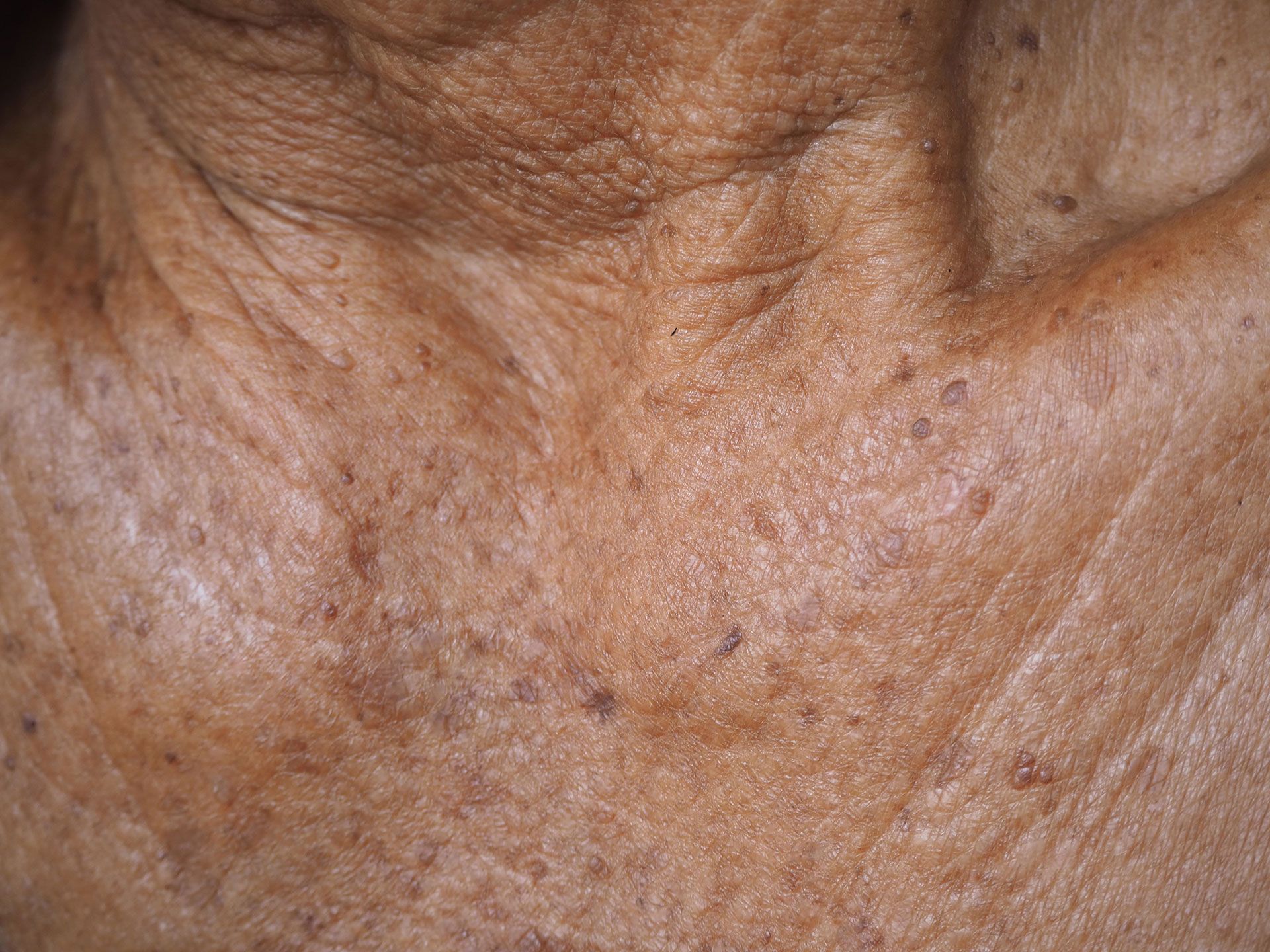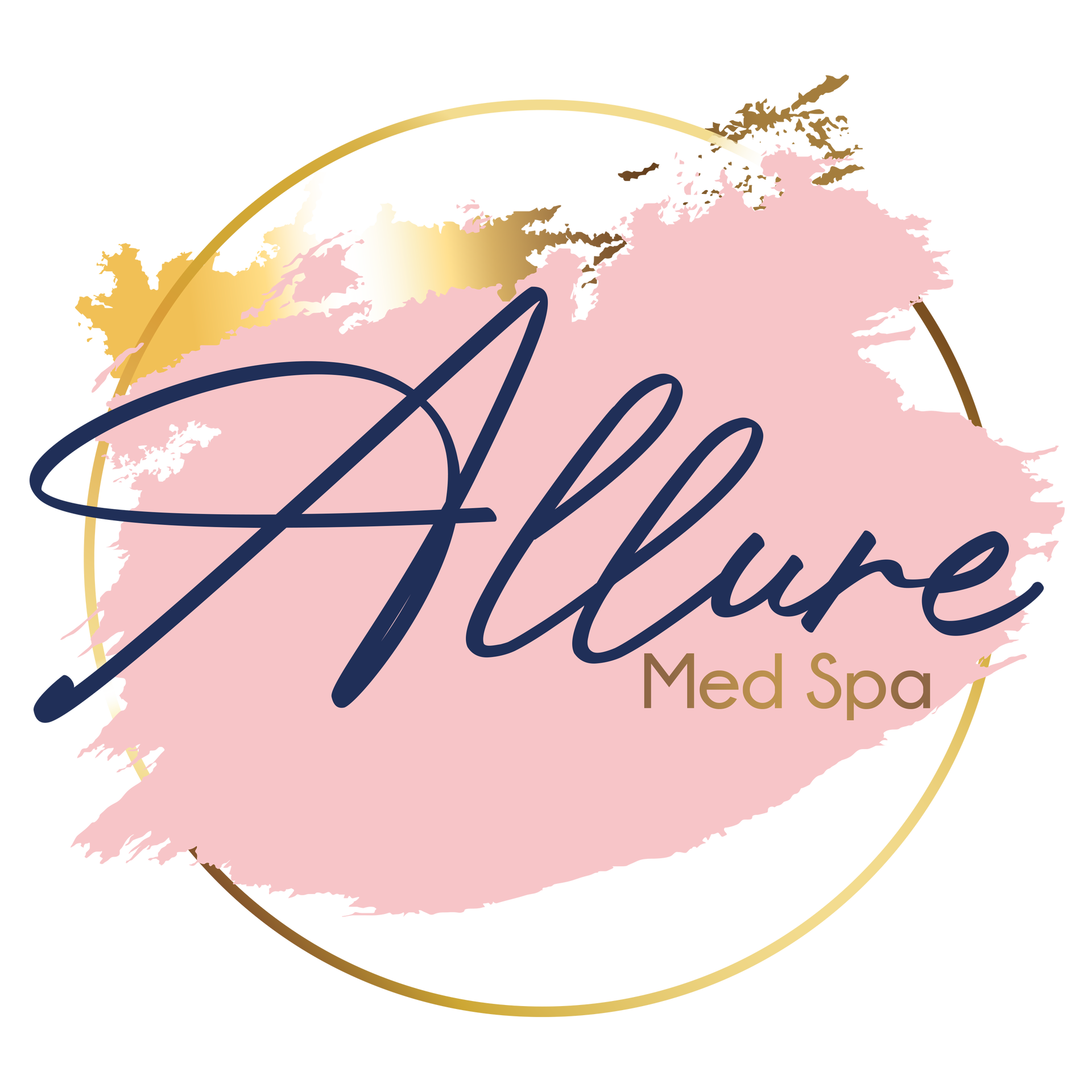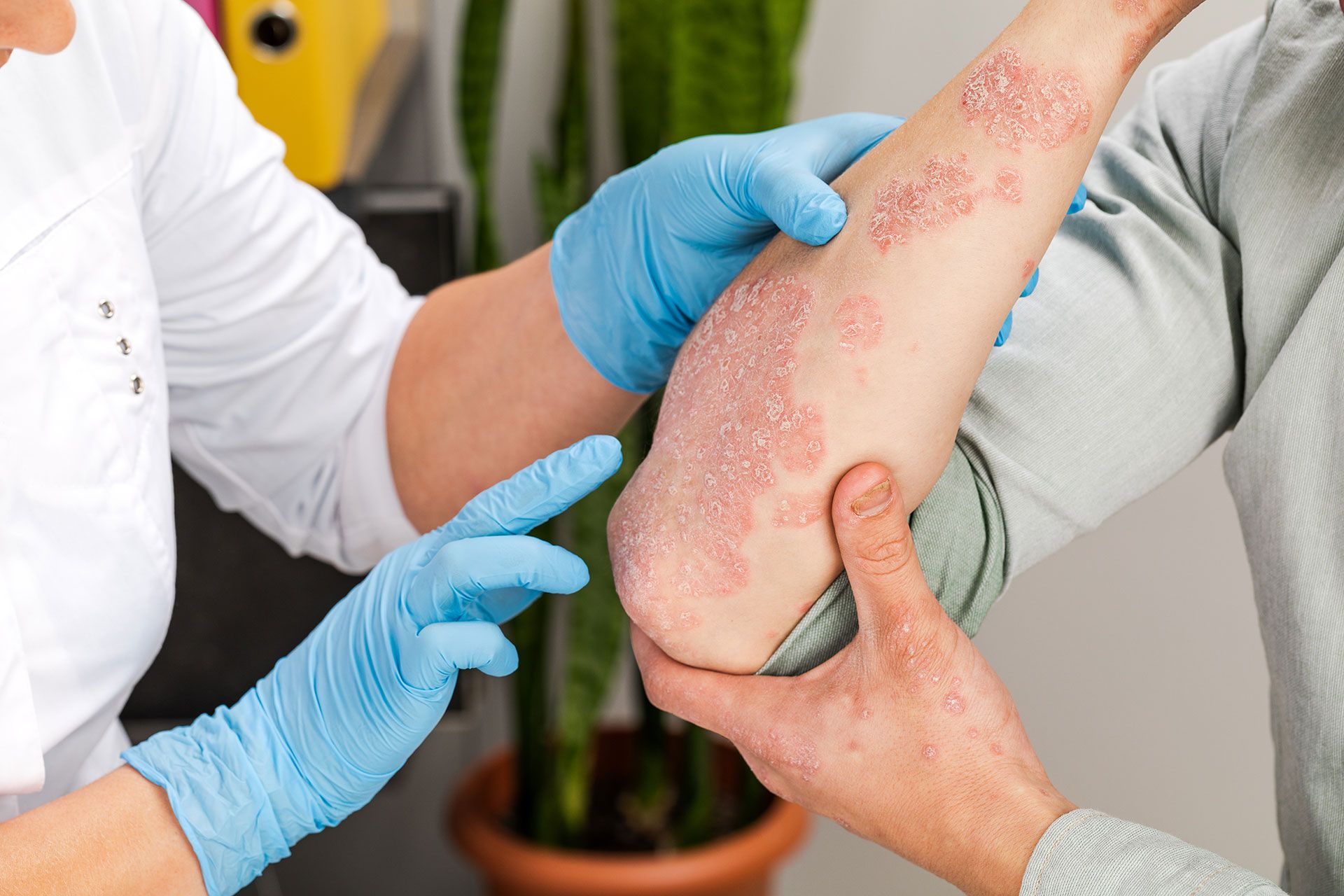Protect Your Skin, Protect Your Health
It’s July, which means it’s UV Safety Awareness Month, and we’re here to talk about protecting your skin from the sun. We know how tempting it is to soak up the sunshine (especially here in Scarborough, Maine), but too much ultraviolet (UV) radiation can have lasting effects on your skin and your health.
Did you know that skin cancer is the most common type of cancer in the U.S.? Over 5 million cases are diagnosed each year, and 1 in 5 Americans will develop skin cancer by the age of 70. And here’s the part that surprises most people- even if you have darker skin, you're still at risk. While melanin provides some natural protection, dark-skinned individuals can still get types of skin cancer that are often detected later, making them more dangerous.
UV damage doesn’t just increase cancer risk. It also weakens your immune system, accelerates the signs of aging, and damages skin cells, causing sunspots, fine lines, and uneven skin tone over time. You might not see it after one cloudy day outside - but trust us, UV rays are sneaky. They pass through clouds, windows, and even bounce off surfaces like water and sand. That’s why we always say: apply sunscreen daily, not just when you’re at the beach!
At Allure Med Spa, we’re here to help you both treat and protect your skin. Our Alma Harmony XL Pro targets unwanted pigmentation and sunspots, while our Alma Hybrid and Alma Opus offer powerful laser skin resurfacing to reverse deeper damage. We also perform chemical peels to gently resurface and brighten sun-damaged skin. These laser treatments are tailored to your skin color, tone, and unique needs-with little downtime and real, visible results.
And because prevention is just as important as correction, we’re proud to carry the Colorescience line of medical-grade SPF. Their Sunforgettable® SPF 50 is a must-have for reapplying throughout the day (especially for busy moms like us). It’s gentle, effective, and perfect for all skin types-even sensitive or acne-prone. We also recommend wearing wide-brimmed hats, choosing shaded areas when you’re outdoors, and reapplying sunscreen every two hours—especially after sweating or swimming.
If you’re unsure how to protect your skin, or you’re seeing the effects of past sun exposure, we’re here to help. Book a consult, and we’ll build a custom plan for you—whether you want to repair sun damage, boost protection, or both. Education is a huge part of what we do, and we’re always happy to answer your questions and support your skin journey.
Let’s make this the summer you take your skin health seriously—because the sun’s not going anywhere, and neither are we.
Frequently Asked Questions – UV Safety & Skin Health
What SPF should I use every day?
We recommend using a broad-spectrum sunscreen with SPF 30 or higher every single day—yes, even on cloudy days or if you’re mostly indoors. Colorescience’s mineral-based SPF products are gentle, protective, and easy to reapply throughout the day.
Can laser treatments really help sun damage?
Yes! Our Alma Harmony XL Pro, Opus, and Hybrid lasers are designed to target sunspots, fine lines, and other signs of UV damage. These treatments help resurface the skin, improve tone and texture, and encourage healthy collagen production.
Do I need to wear sunscreen if I have darker skin?
Absolutely. While darker skin tones have more natural protection against UV rays, they’re still at risk for skin cancer and hyperpigmentation. Everyone—regardless of skin color—should be wearing sunscreen daily and checking their skin regularly for changes.
How can I protect my skin besides sunscreen?
We always tell patients: layer your protection. That means using wide-brimmed hats, seeking shade, wearing protective clothing, and avoiding peak sun hours (usually between 10 AM and 4 PM). Sunscreen is important, but it’s just one part of the picture.
What are the early signs of skin cancer I should look out for?
Watch for any new or changing moles, uneven borders, multiple colors, or sores that don’t heal. If you notice anything unusual on your skin, schedule a check with a dermatologist. Early detection saves lives—and we’re always happy to point you in the right direction if you need help.





